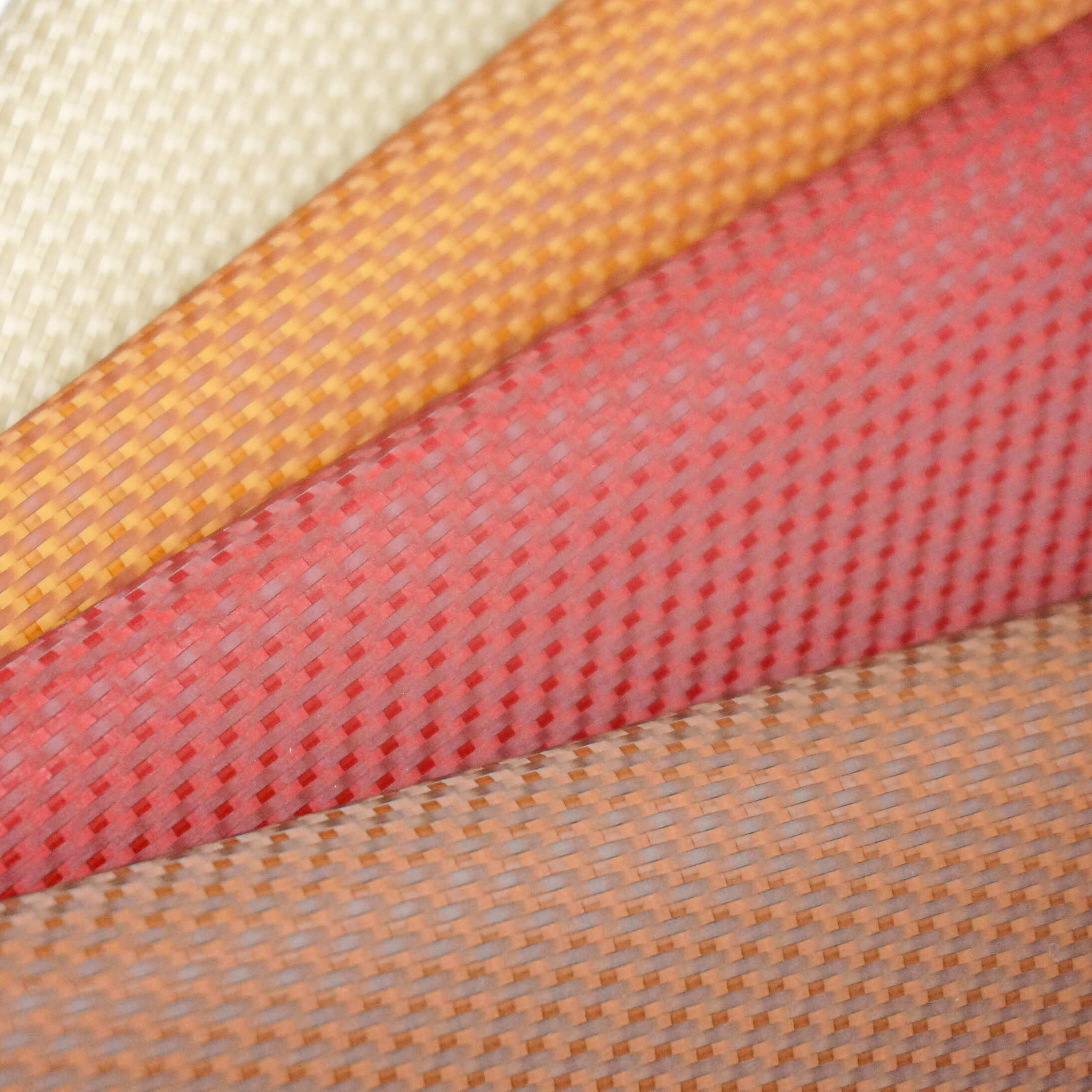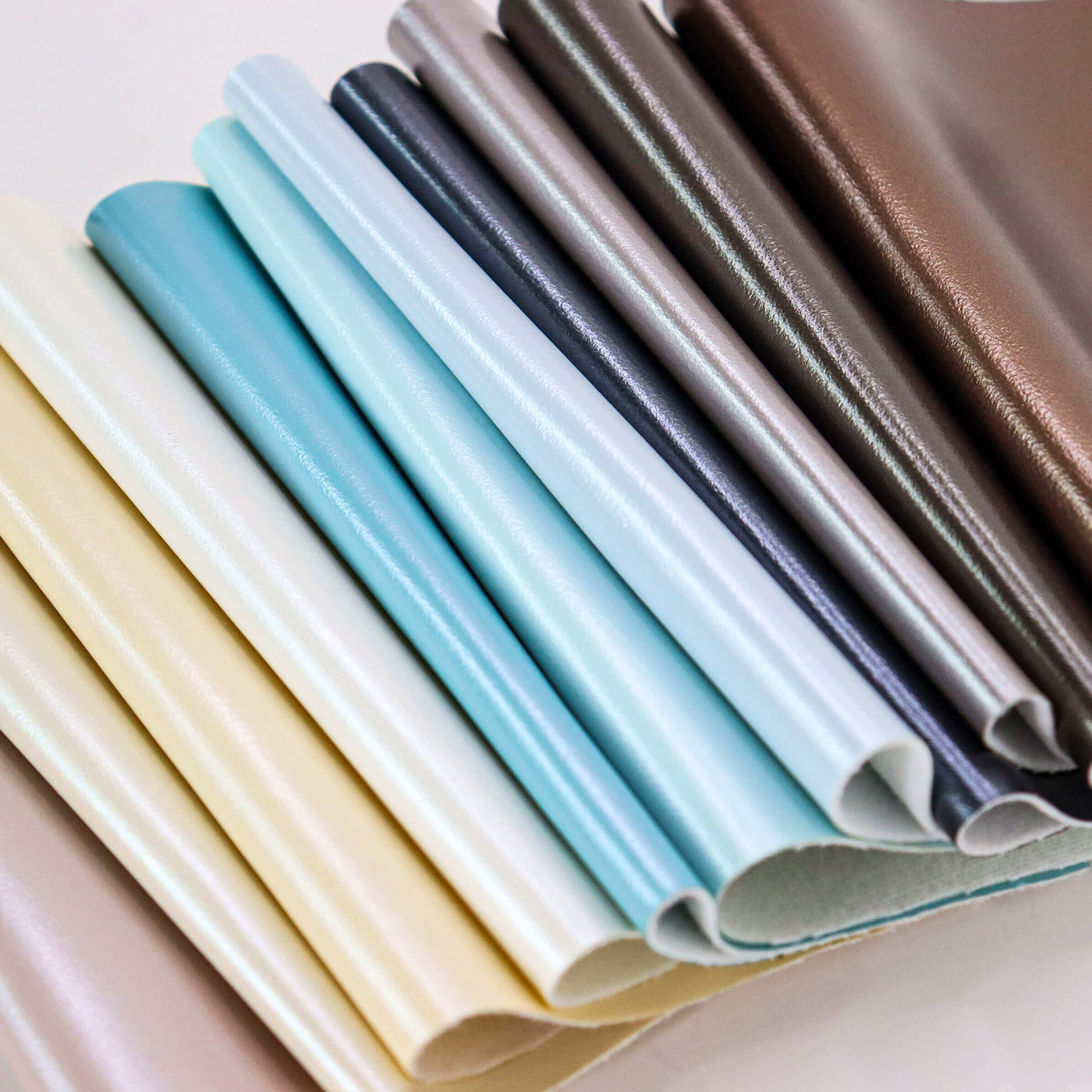Email format error
Email cannot be empty
Email already exists
6-20 characters(letters plus numbers only)
The password is inconsistent
Email format error
Email cannot be empty
Email does not exist
6-20 characters(letters plus numbers only)
The password is inconsistent

News

Buy High Quality Leather: A Comprehensive Guide
When it comes to purchasing leather products, understanding the differences in quality and types of leather is essential. This guide aims to help you buy high quality leather by providing insights into various aspects of leather, from types and grades to care and maintenance.
Understanding Leather Types
Leather comes in various types, each with its unique characteristics. The main types of leather include full-grain, top-grain, genuine, and bonded leather.
Full-Grain Leather
Full-grain leather is considered the highest quality leather. It is made from the top layer of the hide and includes all the natural grain. This type of leather is known for its durability and ability to develop a beautiful patina over time.
Top-Grain Leather
Top-grain leather is the second-highest quality. It is also made from the top layer of the hide, but the surface has been sanded and refinished to remove imperfections. This makes it slightly less durable than full-grain leather but still offers excellent quality and aesthetics.
Genuine Leather
Genuine leather is made from the layers of the hide that remain after the top is split off. It is often used in less expensive products and is not as durable as full-grain or top-grain leather.
Bonded Leather
Bonded leather is made from leftover scraps of leather that are bonded together with polyurethane or latex. It is the least durable type of leather and is often found in budget-friendly products.
Comparing Cowhide Leather vs Microfiber Leather
When deciding between cowhide leather and microfiber leather, it's essential to understand their differences. Cowhide leather is made from the natural hide of cows, offering durability, breathability, and a classic leather look and feel. On the other hand, microfiber leather is a synthetic alternative that mimics the appearance and texture of natural leather but is often more affordable and resistant to stains and water.
How to Identify High Quality Leather
When buying high quality leather, it's crucial to know how to identify it. Here are some tips:
Look for Natural Marks
High quality leather will have natural marks, such as scars, wrinkles, and variations in color. These imperfections indicate that the leather is genuine and not overly processed.
Check the Leather's Grain
As mentioned earlier, full-grain leather is the highest quality. Look for leather that has a natural grain pattern, as this indicates minimal processing and high durability.
Perform a Water Test
A simple water test can help you determine the quality of leather. Place a few drops of water on the leather. High quality leather will absorb the water slowly, indicating it is natural and porous. If the water beads up and does not absorb, the leather is likely of lower quality.
Benefits of Buying High Quality Leather
Investing in high quality leather has several benefits, making it a worthwhile purchase.
Durability
High quality leather is incredibly durable and can last for decades with proper care. Unlike lower-quality leather, it does not crack or peel over time.
Aesthetic Appeal
High quality leather develops a beautiful patina over time, enhancing its appearance and giving it a unique character.
Comfort
High quality leather is breathable, allowing it to conform to your body's shape and temperature, making it more comfortable than synthetic alternatives.
Value for Money
While high quality leather products may come with a higher upfront cost, their longevity and timeless appeal make them a cost-effective choice in the long run.
Tips for Buying High Quality Leather
When you're ready to buy high quality leather, keep the following tips in mind:
Choose Reputable Brands
Reputable brands are more likely to use high quality leather and have better craftsmanship. Research brands and read reviews to ensure you're buying from a trusted source.
Inspect the Leather
Always inspect the leather in person if possible. Look for natural marks, check the grain, and perform the water test to ensure you're getting high quality leather.
Consider the Product's Construction
The construction of the leather product is as important as the leather itself. Check the stitching, edges, and overall craftsmanship to ensure the product is well-made and durable.
Caring for High Quality Leather
Proper care is essential to maintain the beauty and longevity of high quality leather. Here are some tips to help you care for your leather products:
Clean Regularly
Clean your leather products regularly with a soft, damp cloth to remove dirt and dust. Avoid using harsh chemicals or soaps, as they can damage the leather.
Condition the Leather
Leather needs to be conditioned regularly to keep it supple and prevent it from drying out. Use a high-quality leather conditioner every few months to maintain the leather's natural oils.
Protect from Moisture
While high quality leather is more resistant to moisture than lower-quality leather, it's still important to protect it from excessive water exposure. Use a leather protector to create a barrier against water and stains.
Store Properly
When not in use, store your leather products in a cool, dry place away from direct sunlight. Use dust bags or covers to protect them from dust and dirt.
Conclusion
Buying high quality leather is an investment that pays off in durability, comfort, and aesthetic appeal. By understanding the different types of leather, knowing how to identify high quality leather, and following proper care guidelines, you can ensure that your leather products will stand the test of time. Remember to buy from reputable brands, inspect the leather and construction, and regularly care for your leather products to maintain their beauty and functionality.
Whether you're purchasing a leather jacket, bag, or furniture, this guide will help you make an informed decision and buy high quality leather that you'll enjoy for years to come.

